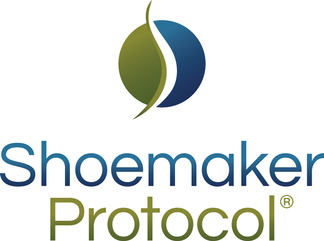Lyme Biomarkers Publication Now Available!

Featured Resources
Shoemaker Protocol™ Quick Start:
The 3 initial steps to determine if mold is affecting you One of the most common questions we hear is, “how do I know if I have mold illness?” Rest assured, if you’re asking this question, you’ve come to the right place.
Progene DX- Pathway to Certainty Part 1
What you need to know about transcriptomics: Learning a new genomics language; learning new insights on disease
MRA Genomics November 25, 2016
ABSTRACT: Exposure to the microbial growth in Water Damaged Buildings (WDB) can result in a chronic, multi-symptom, multisystem illness, which can last years, termed Chronic Inflammatory Response Syndrome (CIRS). Symptoms of CIRS include but are not limited...
Indoor Environmental Professionals Panel of Surviving Mold CONSENSUS STATEMENT
Medically sound investigation and remediation of water-damaged Buildings in cases of CIRS-WDB Larry Schwartz CIEC, BSME, MBA, Greg Weatherman CMC, Michael Schrantz CIEC, CMI, BPI-BA/EP, Will Spates CIAQP, CIEC, Jeff Charlton, ACIEC, AACIEH, Keith Berndtson...
Neuroquant II: April 12, 2016 Paper
Reduction in Forebrain Parenchymal and Cortical Grey Matter Swelling across Treatment Groups in Patients with Inflammatory Illness Acquired Following Exposure to Water-Damaged Buildings
Related Resources
- CIRS House Hunting Guide
- Certified Practitioner Paula Vetter Presents: "Mold Illness: Surviving and Thriving - A Recovery Manual for Patients and Families Impacted by CIRS"
- 06172014 Structural Brain Abnormalities in Patients with Inflamatory Illness acquired Following Exposure to Water Damaged Buildings A Volumetric MRI Study Using Neuroquant
- 02272013 VIP Corrects CIRS Acquired Following Exposure to Water-Damaged Buildings
- 08152015 Transcriptomic Signatures in Whole Blood of Patients Who Acquire CIRS Following an Exposure to the Marine Toxin Ciguatoxin.
- FAQ Video #4: Exercises and Capillary Hypoperfusion
- 2013 Healthy Home Clinic
- Dr. Mercola Interviews Dr. Shoemaker
- Lyme_Chemokines_Arthritis_CNS_01_19_14
- TREG Lyme Arthritis



.jpg)
.jpg)